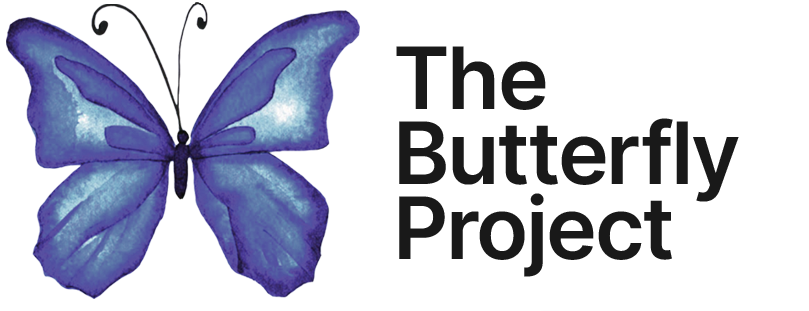These practice points are not intended to be used as a checklist, but as an aide-memoire to help to ensure staff have given parents the opportunity to consider important issues and support with practical arrangements.
Every parent and family is different - think carefully about when to speak with parents, and what to say. Many of these practice points may not be relevant for some families.
When a twin/multiple dies before delivery
- Do parents want to see the twin who died after the birth?
- Do the parents want to spend time with this twin?
- Do the parents want to have both twins together for a period of time (if feasible)?
- Do the parents want to have a memorial ceremony or funeral?
- Ensure parents know where the body of their twin will be in the few days after delivery (on NICU, Chapel of Rest etc.)
After the death of a twin
- Offer help with planning and arranging a memorial service or funeral
- Parents often appreciate it when staff from the unit (who knew the baby) attend the funeral
- Do the parents want to have a post-mortem on the dead twin? Discuss and provide advice on the need for an post-mortem
- Do the parents want to know the zygosity of the twins if this wasn’t confirmed prior to delivery? Discuss the implications of this for the surviving twin. Check local procedures so you know what is available
- Ensure parents have access to bereavement counseling - ask for advice if you do not know what is available
- Provide advice on registering the births and the death(s)
- Provide advice around making contact with other agencies e.g. the primary care team (family doctor); advice around financial support that might be available; psychology support and counselling etc.
When a surviving twin remains in the hospital (NICU and postnatal wards)
- Explain to parents that they may come across other twins
- Ask parents about where they would like their twin to be [on the NICU} and accommodate their wishes as much as possible
- Avoid caring for the surviving twin in a cot in a bay with other twins if possible
- If a surviving twin has to be cared for in a bay with other twins consider using screens if available to provide privacy
- Be sensitive when admitting another baby into the cot-space where a twin has just died and warn parents before they enter the NICU when this has had to happen
- If a twin has been moved to another bay or room for any reason, let parents know before they come onto the NICU
- Avoid moving or scheduling procedures for the surviving co-twin on the day of the funeral
When the surviving twin is discharged from hospital
- Ensure parents are offered a pre-discharge meeting with a member of staff (consultant/attending physician or nurse) with whom they feel comfortable to discuss the discharge of their surviving twin around one week prior to discharge
- Offer bereavement support to parents and ensure they know how to access this support after leaving the hospital
- Put parents in touch with a ‘buddy group’ (if one exists) or with parents who have had a similar experience and can provide support
- Provide parents with contact details for any appropriate local group e.g. SANDS, as well as national and international organisations that can provide support and advice.
- Ensure that an information sheet is included in the surviving twin’s notes to indicate that they are a twin so that it is obvious to any staff involved in the subsequent care of the surviving twin. Some hospitals may allow you to place a Butterfly sticker on the front of the medical notes to remind staff.
- Arrange a follow-up appointment for the parents to meet with a named consultant from the unit to discuss the reasons for the death of their twin and the results of any post mortem.
- Consider the importance of offering follow up especially where the surviving twin was not preterm or sick i.e. might not routinely be offered follow up. Some hospitals organise clinics for CONI: Care of the Next Infant - find out what is available locally
- Provide reassurance to the parents about the health of the surviving twin (as appropriate)
Additional situations many parents might find especially challenging
- Returning to the NICU or hospital for follow-up care
- Dressing the surviving twin for the first time, especially where the parents had dressed the dead twin for the memorial service.
